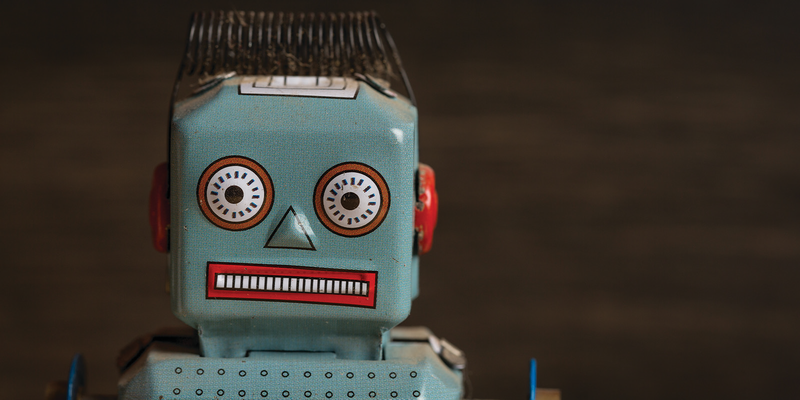CTDO Magazine Article
Member Benefit
Bring on the Machines
Some employees would rather their manager be a robot.
AM
By
Wed Jan 15 2020

Loading...
A scan of recent business news about automation, robots, and artificial intelligence reveals a common theme about these new technologies: They're going to take people's jobs. Most studies and spectators say low-skill positions involving repetitive tasks and low barriers to entry, such as cashiers and drivers, are especially susceptible, while jobs that require high-level communication skills are generally safe. However, there's new evidence to suggest that another class of employee—the manager—may be more affected than previously thought.
